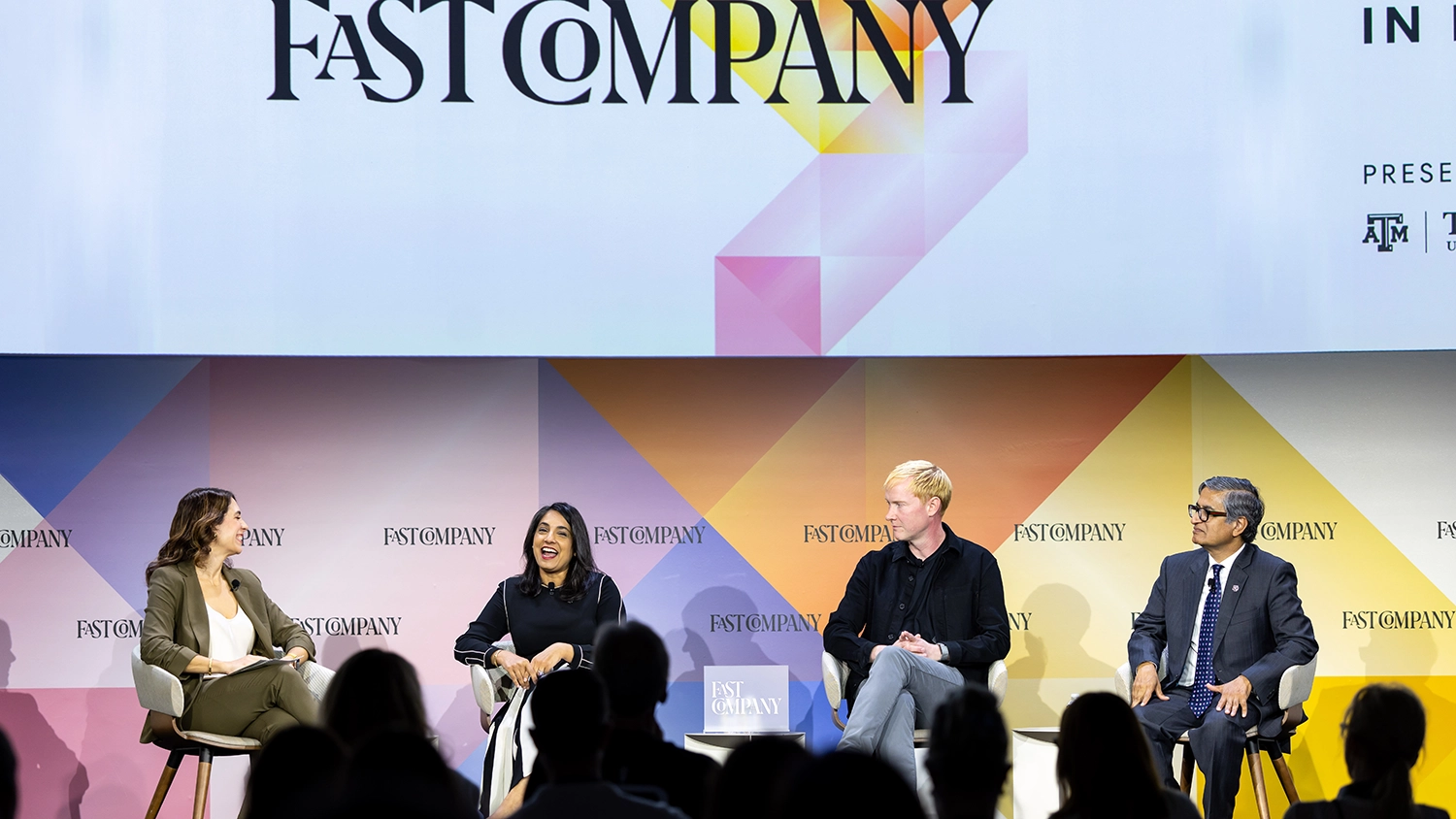During the Fast Company Innovation Festival in New York City, experts in health care and technology convened to discuss revolutionary solutions aimed at improving patient outcomes. The panel, titled “Leaping to New Heights: The Unparalleled Progress in Healthcare,” featured prominent figures such as Dr. Mansoor Khan, dean of the Irma Lerma Rangel College of Pharmacy; Dr. Simrit Parmar, associate professor at the Texas A&M School of Engineering Medicine; and Dr. Dominic King, vice president of health at Microsoft AI. Their insights highlighted the intersection of technology and health care, focusing on developments that aim to address critical challenges in the industry.
Transformative Technologies in Health Care
The panelists underscored how advancements such as 3D printing and artificial intelligence are reshaping the landscape of medical treatments. Dr. Khan shared his research on a 3D-printed dosage form platform designed to address the urgent issue of pediatric medication shortages. He explained that traditional methods often require crushing adult-strength pills, which compromises their effectiveness. His platform aims to create personalized medications tailored to children’s needs, enhancing both flavor and dosage accuracy. This groundbreaking work has earned recognition as an honoree in the 2025 Innovation by Design Awards.
Dr. Parmar discussed the potential of cellular therapies, specifically for conditions like sickle cell anemia. Her work focuses on developing an “off-the-shelf” regulatory T-cell therapy that can be administered in a clinical setting. This therapy has demonstrated promising results, enabling patients with aplastic anemia to achieve durable independence from blood transfusions, and showing stabilization in cases of amyotrophic lateral sclerosis. The data from her studies will be published in the journal NEJM Evidence.
AI’s Role in Enhancing Patient Care
Dr. King emphasized the transformative power of artificial intelligence in health care. He cited a Microsoft study revealing that an AI model was able to diagnose complex cases with an accuracy of 80%, far surpassing the 20% success rate of expert physicians. He highlighted that innovations addressing specific, high-friction problems can significantly improve patient experiences. For instance, AI-driven skin screening tools could reduce the need for in-person dermatologist appointments, while digital mental health solutions provide effective support for depression and anxiety.
The panel also explored the importance of strategic partnerships in advancing medical research. As Dr. Parmar noted, collaborations between academic institutions and industry players are vital. With support from Texas A&M EnMed, she is establishing a hybrid manufacturing facility aimed at translating basic science research into clinical trials. This initiative seeks to streamline the development of new treatments and make them more accessible to patients.
Overall, the Fast Company Innovation Festival served as a platform for thought leaders to share insights on how technology can create meaningful change in health care. As these experts continue to push the boundaries of innovation, their work promises to pave the way for solutions that could significantly impact patient care around the globe.
Fast Company, a leading business media brand, has dedicated itself to chronicling the evolution of innovation in technology, leadership, and design for over 30 years. The festival highlighted the vital role such advancements play in shaping a healthier future for society.







